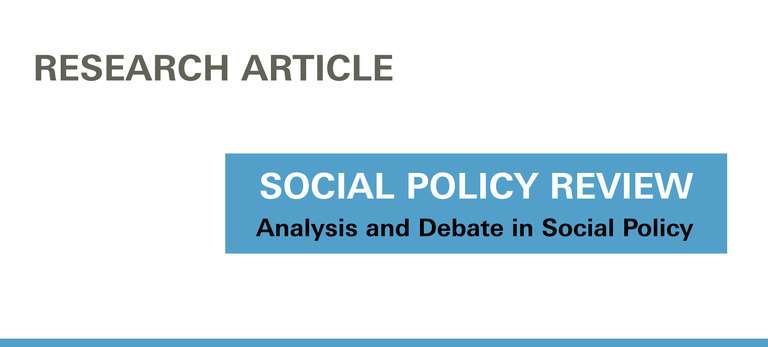
Source: picture alliance/Westend61
WSI: Key research topics: Social inequality, social (des-)integration and social policy
Research is concerned with welfare state and social policy changes, structural causes for the increase in social inequality, and the search for possibilities to foster a fairer distribution of life chances.
Public social policy faces great pressure to adapt to challenges arising from the increasing individualisation of life courses and the expansion of often precarious forms of non-standard employment. The growing importance of privatised and corporate social policy implies new challenges not only for individual citizens, but also for social partners on the corporate and state level. Building on a critical empirical evaluation of existing framework and regulations in Germany and across Europe, WSI research seeks to uncover shortcomings in the regulatory environment and develop reform proposals based on an all-embracing notion of social security.
Main research topics
changing welfare state and social security systems - health and pension policies - poverty, distribution of life chances - redistribution policy, redistribution of income and assets - redistribution effects of taxation and social policy






